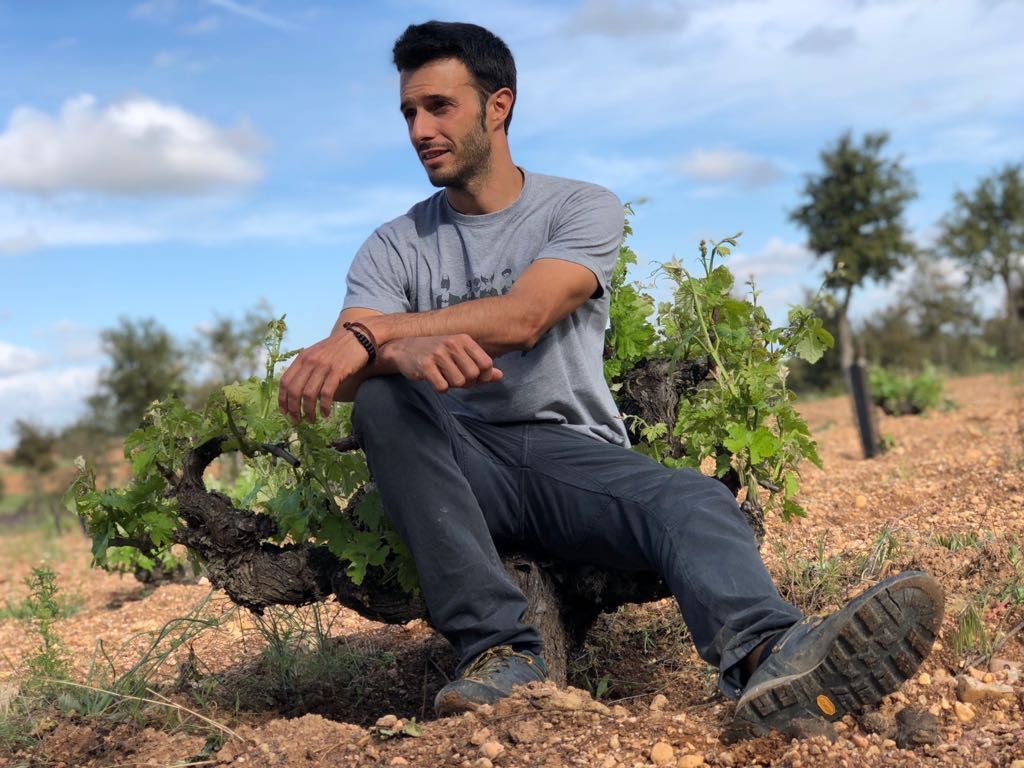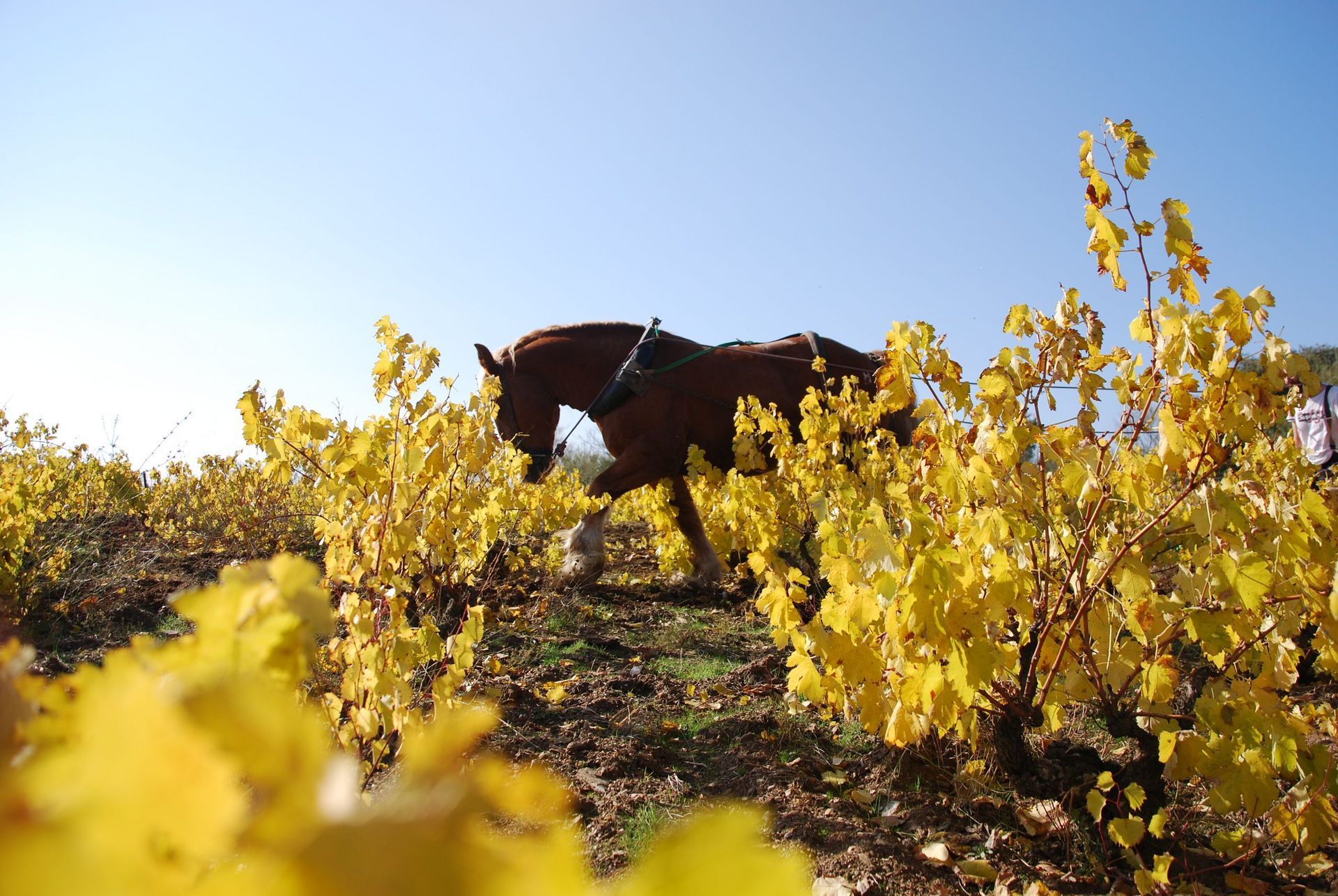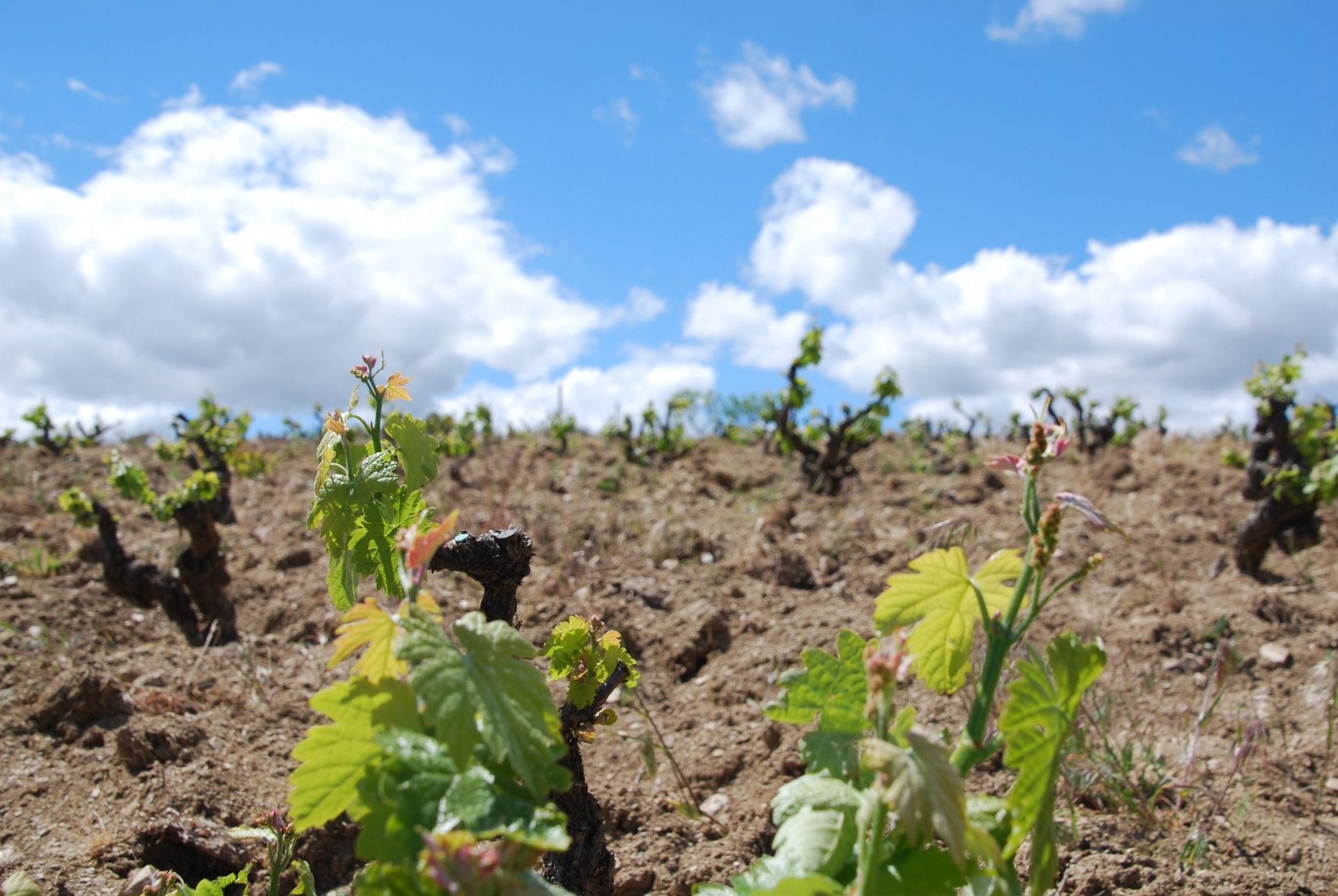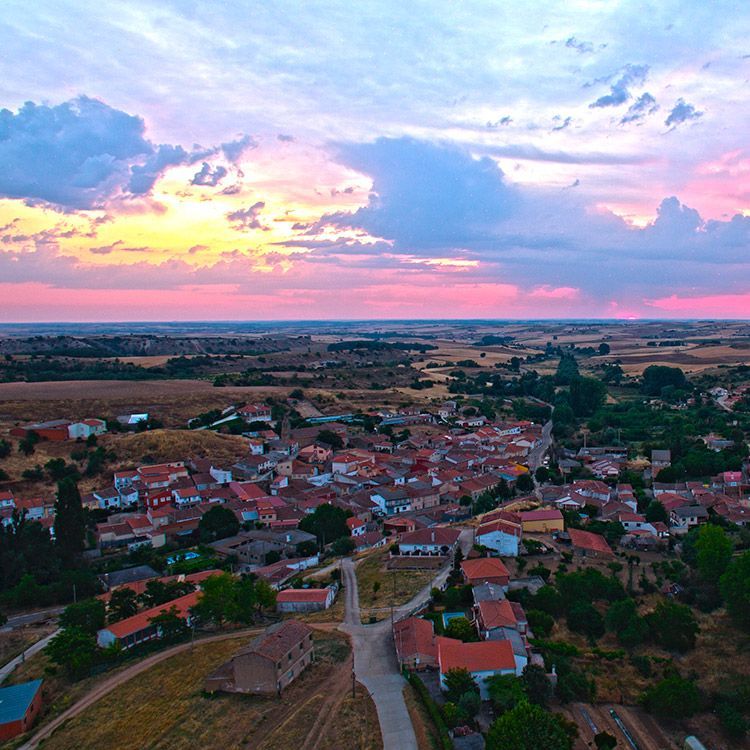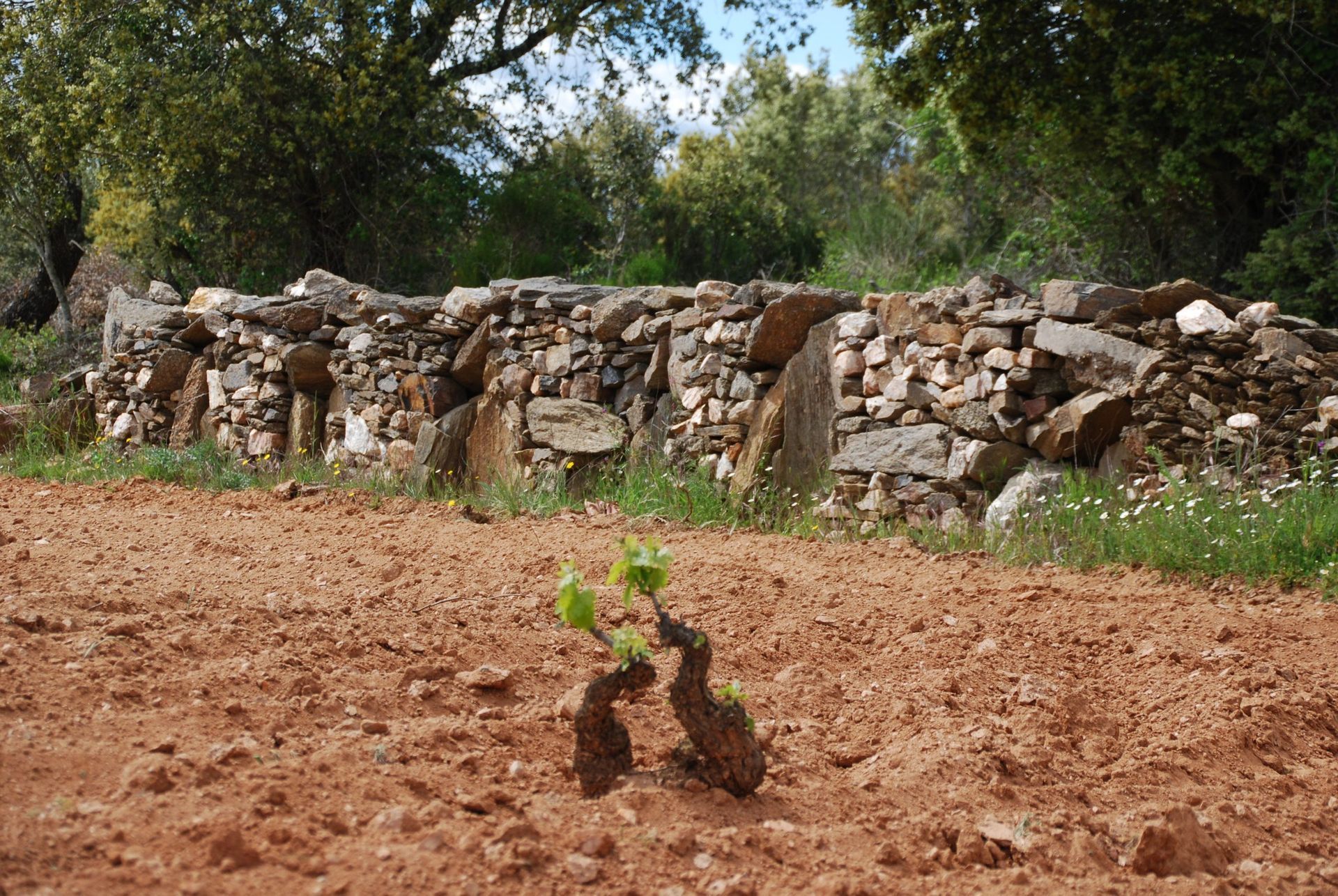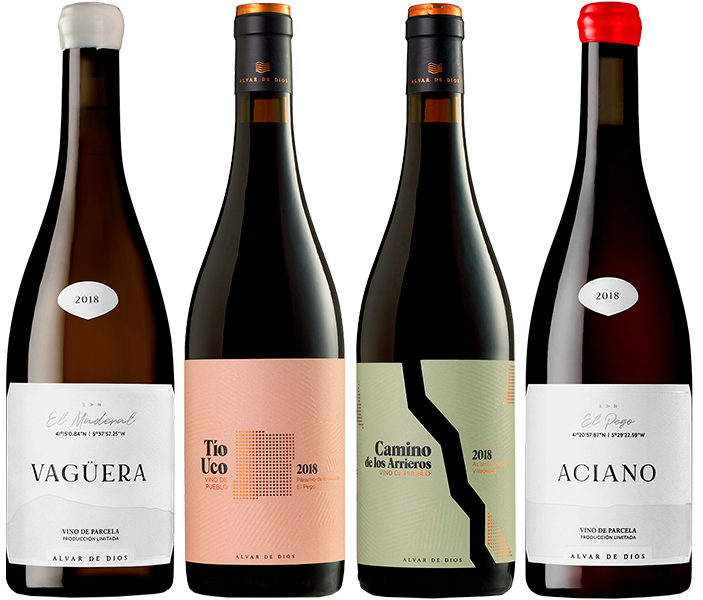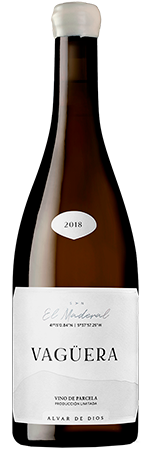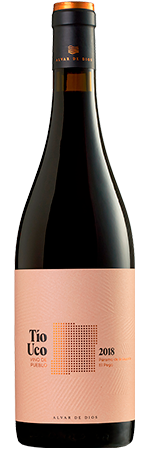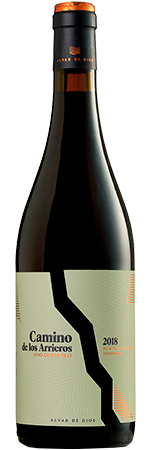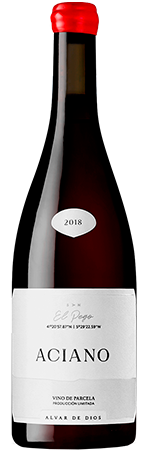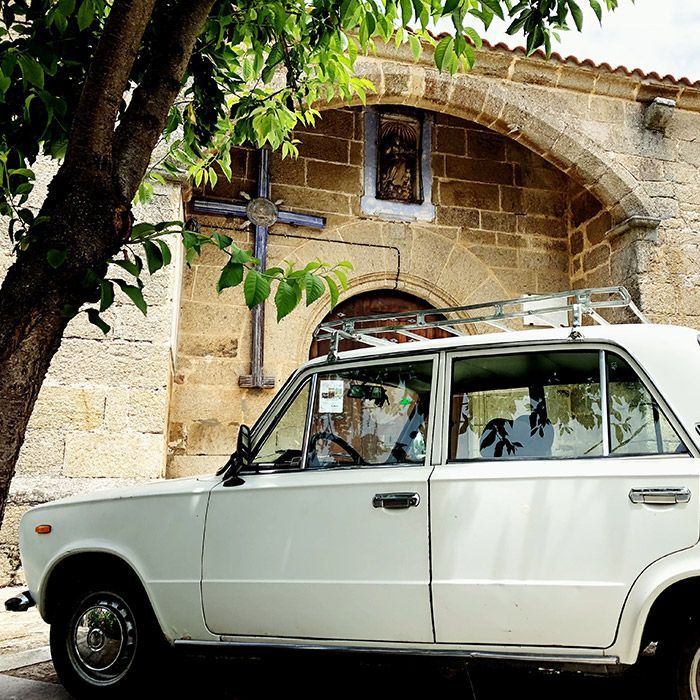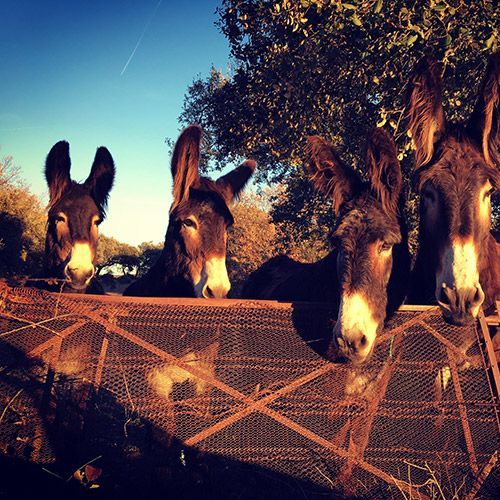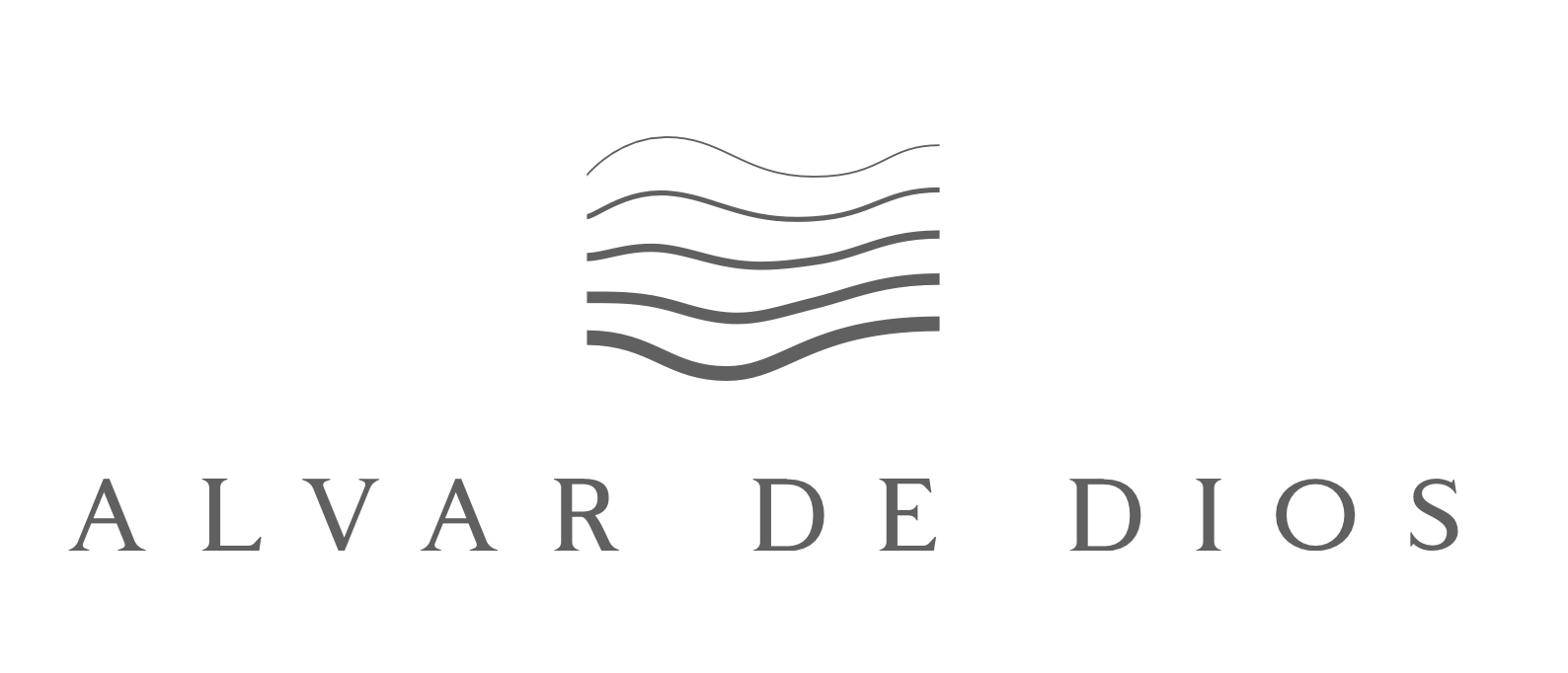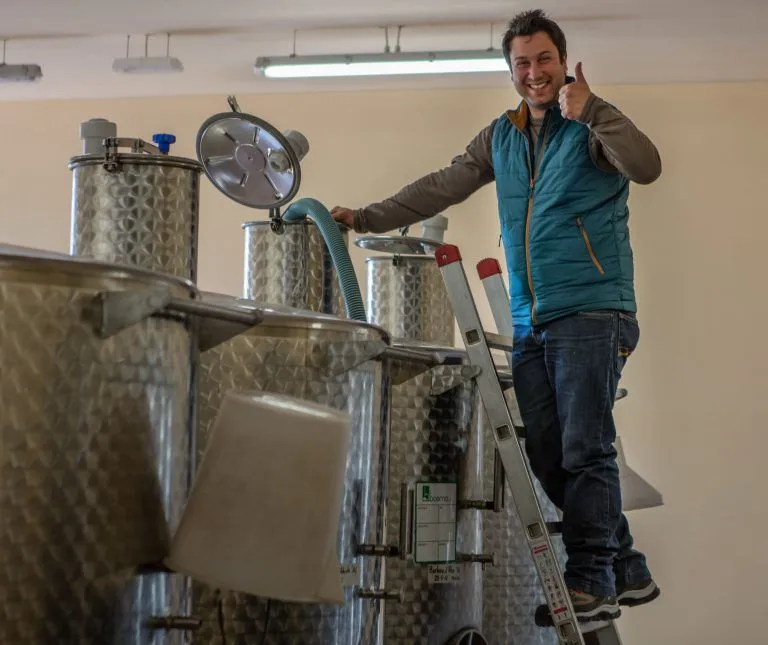Introducing Alvar de Dios
Álvar de Dios Hernández is one of those rare vignerons who farms truly minimalist, out of nowhere wines while also earning praise from the
natural wine set and the old-guard critics alike (Parker, Decanter, etc).
Álvar’s parcels of gnarly, own-rooted, centennial bush-vines are dotted from the west of Toro DO through to the thrilling new Arribes DO (the Spanish borderland where the river Duero becomes the Portuguese Douro).
Álvar is part of the same crew as Fernando Garcia and Dani Landi at Comando G and Bodega Marañones (where he was cellar master from 2010 - 2015). He graduated with his oenology degree in 2001 and by 2015 had saved enough to strike out on his own.
El Pego, Álvar’s hometown, sits just outside the official Toro DO boundaries. There his eponymous project began with the inheritance of his family’s three hectares of extremely sandy, pre-phylloxera vines at a soaring 760m+. These century-old wines create his masthead cuvée, the Aciano Tinta de Toro (aka Tempranillo).
Not unlike his time with Dani & Fernando, Álvar also farms dozens of remote, timeless, low-yielding vineyards he rents from the elders who can no longer take care of them but don’t want to see them replaced with commercial varieties. One of these magical vineyards is the 950+m Vagüera vineyard in Zamora. 101 years old patch of mountain-top vines shielded by a halo of wild cork trees. Seventeen rare varieties grow here (five of which he’s yet to successfully identify!) from which Álvar creates his electric white wine of the same name.
And then there are the 36 old-vine parcels scattered between Villadepera and Fermoselle in the incredible Arribe DO. These come together in Álvar’s precious Camino de los Arrieros. Arribes is a newly minted DO but an old home for vines. The region defies category, occupying a cultural lacuna of Portuguese and Spanish wine-ways: Trincadeira, Bastardo, Mandon, Mencia, Rufete, Gajo Arroba, Tinta Jeromo, Garnacha, Juan Garcia, and many more all find their way into this bewitching wine. To my palate, this wine has no clear analogue. Truly singular.
Even Álvar’s Tío Uco entry-level cuvée commands praise from the critics. Álvar’s so called ‘young vines’ are three plots of Tempranillo & Garnacha dotted around El Pego that boast 35, 89, and 93 years of age respectively. These sites command heights of 600-750m above sea level. This, his ‘village’ wine, is his largest production, yet it still amounts to only ~20,000 bottles per year. Truly insane value.
The Region
Toro, a region condemned to ignominy in by its 90’s boom and boozy muscularity, has had a hard time of it now that these styles are decidedly out of fashion. And as so often happens, the cracks in that edifice have allowed new opportunities to spring up for eager young vignerons with a different vision. Farming not only Toro but Arribes and Castilla y León wines of substance and circumstance from micro-plots dotted all around El Peg, Álvar has firmly sided with traditional, pre-war, Castilian winemaking techniques, working minimally without eschewing the hygiene principles and the nuanced ins and outs of winemaking he culled from his 2001 degree in Oenology and his time working with Fernando Garcia and Dani Landi at Comando G and as Fernado’s cellar master at Bodega Marañones from 2010-2015.
Álvar biodynamically farms gnarled bush vines by hand and horse, foot-stomps his fruit, and ferments with indigenous yeast in stainless steel and old oak, aiming for unabashed terroir expression. The results have earned him acclaim from publications ranging from Decanter to Wine Advocate and representation by an international cadre of inveterate importers and restaurants since officially launching his eponymous Álvar de Dios project in 2014.
Álvar hails from the village of El Pego, just outside the southern boundary of the Toro DO. His family has tended their vineyards in the village for generations. But Álvar flew the Toro coup early to learn the ropes from Fernando Garcia and Dani Landi at Bodega Marañones, the vinous rebels working in the Sierra de Gredos before it was the talk of the town. While working as their cellar master, he began acquiring his own vineyards in and around his native Toro DO and splitting his time between the Gredos and Toro.
Álvar’s first vineyard was inherited from his family in the village of El Pego in 2008. This site, called Aciano in honour of his grandfather, totals three hectares of mainly Tempranillo, at an elevation of 710m, and is planted on a unique terroir for the DO: sand. This sandy soil is resistant to phylloxera, which is why these ungrafted/own-rooted vines, planted in 1919, have survived to this day. Since taking over this site, Álvar has farmed it organically, waiting until 2011 to make his first vintage.
In 2009 Álvar purchased Vagüera, a tiny half-hectare plot of abandoned vines at an elevation of 950m (!!!) near the village of El Maderal, again just south of the Toro appellation border. This is a fascinating terroir in its own right—a shallow, rocky, red clay soil over limestone bedrock, mercifully north-facing, and sheltered by a forest of cork oak, giving a micro-climate cooled by aspect, elevation and surroundings that result in a truly exceptional, unique and antique Spanish white. Untended since 2006, this site is a bewildering mix of white varieties. Álvar so far has identified Doña Blanca, Albillo Rojo, Albillo Real, Albillo Negro, Albillo Castellano, Moscatel de Grano Menudo, Muscat de Alexandria, Moscatel Rojo, Godello, Verdejo, Palomino Fino, and Malvasia. There are at least another five varieties that Álvar is yet to identify. Records indicate that this vineyard was planted in 1921.
Álvar hails from the village of El Pego, just outside the southern boundary of the Toro DO. His family has tended their vineyards in the village for generations. But Álvar flew the Toro coup early to learn the ropes from Fernando Garcia and Dani Landi at Bodega Marañones, the vinous rebels working in the Sierra de Gredos before it was the talk of the town. While working as their cellar master, he began acquiring his own vineyards in and around his native Toro DO and splitting his time between the Gredos and Toro.
Álvar’s first vineyard was inherited from his family in the village of El Pego in 2008. This site, called Aciano in honour of his grandfather, totals three hectares of mainly Tempranillo, at an elevation of 710m, and is planted on a unique terroir for the DO: sand. This sandy soil is resistant to phylloxera, which is why these ungrafted/own-rooted vines, planted in 1919, have survived to this day. Since taking over this site, Álvar has farmed it organically, waiting until 2011 to make his first vintage.
In 2009 Álvar purchased Vagüera, a tiny half-hectare plot of abandoned vines at an elevation of 950m (!!!) near the village of El Maderal, again just south of the Toro appellation border. This is a fascinating terroir in its own right—a shallow, rocky, red clay soil over limestone bedrock, mercifully north-facing, and sheltered by a forest of cork oak, giving a micro-climate cooled by aspect, elevation and surroundings that result in a truly exceptional, unique and antique Spanish white. Untended since 2006, this site is a bewildering mix of white varieties. Álvar so far has identified Doña Blanca, Albillo Rojo, Albillo Real, Albillo Negro, Albillo Castellano, Moscatel de Grano Menudo, Muscat de Alexandria, Moscatel Rojo, Godello, Verdejo, Palomino Fino, and Malvasia. There are at least another five varieties that Álvar is yet to identify. Records indicate that this vineyard was planted in 1921.
THE WINES
2021 Vagüera Blanco
2022 Tío Uco
2020 Camino de los Arrieros
2019 Aciano
2021 Vagüera Blanco
Vino de Pueblo, Castilla y León
In 2009 Alvar purchased the Vagüera vineyard, a tiny half-hectare plot of abandoned vines at an elevation of 950m (!!!) near the village of El Maderal, , again just south of the Toro appellation border. Untended since 2006, this site is a bewildering co-planted field blend of white varieties. Alvar so far has identified Doña Blanca, Albillo Rojo, Albillo Real, Albillo Negro, Albillo Castellano, Moscatel de Grano Menudo, Muscat de Alexandria, Moscatel Rojo, Godello, Verdejo, Palomino Fino, and Malvasia. There are at least another five varieties that Alvar is yet to identify. Records indicate that this vineyard was planted in 1921. This is a fascinating terroir in its own rite—a shallow, rocky, red clay soil over a limestone bedrock, mercifully north-facing, and sheltered by a forest of cork oak, giving a micro-climate cooled by aspect, elevation, and surroundings that result in a truly exceptional and unique and antique Spanish white, aromatic and complex.
2020 vintage: "The austere single-vineyard white 2020 Vagëra comes from a north-facing plot in El Maderal planted with Doña Blanca in 1920 at 950m above sea level. The grape is austere, and that is reflected in the wine, which has 13% alcohol, a pH of 3.21 and retained 5.7 grams of acidity. It fermented in barrel with indigenous yeasts where it matured for 12 months and then rested in stainless steel until bottling in June 2022. It has some spiciness and a very tasty palate with balane, freshness, and pungent flavors. It's a fresh and balanced year. 2,100 bottles produced." 93 points, Robert Parker Wine Advocate
Region: El Maderal, Zamora
Appellation: Vino de Pueblo, Castilla y León
Altitude: 950m
Soils: Shallow, rocky, red clay soil over a limestone bedrock
Varietal: Field blend
Fermentation: Direct pressed. Spontaneous fermentation in oak.
Ageing: Aged on the lees at least 12 months in old oak barrels (300L-500L). Unfined. Unfiltered.
Vineyard & Vine Age: Biodynamic. Hand-farmed.
ABV: 13.0%
Produced Cases: 125
2022 Tío Uco
Vino de la Tierra de Castilla y León, Toro
In addition to his single-vineyard and village wines, Álvar makes his Tío Uco cuvée. Fashioned from three plots of vines located in the northwestern part of Toro. Ranging in age from 35–93 years old, these Tinta de Toro vines (as Tempranillo is known in these parts) are grown on various soils. Named Tío Uco, this wine, like those from his single vineyards, is made from biodynamically farmed fruit, is fermented whole cluster with indigenous yeasts, and sees only a gentle maceration. It’s aged primarily in neutral French oak barrels ranging in size from 300-1000 liters. It's the opening salvo of his limited production and delivers a real wine at a really beautiful price point.
"The wines from Toro are remarkably darker than the ones from Arribes, and the 2021 Tío Uco, a blend of 90% Tinta de Toro (Tempranillo) and 10% Garnacha, is even darker than the 2019 Aciano, the other red from Toro. It's juicy, tasty, ripe and fruit-driven, with the bright aromatics from the carbonic maceration (it fermented with 100% full clusters), 14.5% alcohol, a velvety texture, fine and round tannins and mellow acidity. This matured in foudre and barrique for four months, but there's no trace of oak. 20,000 bottles produced." - 91 points, Robert Parker's Wine Advocate
Region: El Pego, Toro & Castilla y León
Appellation: Vino de la Tierra de Castilla y León, Toro
Altitude: 600-750m
Soils: Various soils
Blend: 90% Tinta de Toro (Tempranillo), 10% Garnacha
Fermentation: Whole-cluster spontaneous fermentation in stainless steel.
Ageing: Racked to oak foudres for eight months of maturation.
Vineyard & Vine Age: Biodynamic. Hand farmed and harvested. From three vineyard plots around the village of El Pego, with vines aged 35, 89, and 93 years old, respectively.
ABV: 14.5%
Produced Cases: 1667
2020 Camino de los Arrieros
Vino de la Tierra de Castilla y León, Arribes
Álvar became interested in the nearby and newly created DO of Arribes shortly after the appellation was officially recognized in 2007. Arribes is located right where the Spanish Duero becomes the Portuguese Douro as it carves a steep valley out of the granitic mountains forming the border between Spain and Portugal. Here Álvar found not only soils reminiscent of the Gredos – granitic sand with a lot of mica – but a range of indigenous varieties capable of expressing elegance and freshness. Álvar has assembled 5 hectares from 36 separate vineyard parcels between the towns of Villadepera and Fermoselle. Camino de los Arrieros is his village wine made from the 40-60 year-old vines of Juan Garcia, Rufete Trincadeira Preta, Bastardo, and other yet-to-be-identified varieties. This wine answers the question what a classic Portuguese Douro red field blend would taste like in Spanish soils and in a Spanish styling. Fascinating and delicious.
"The mellow and soft 2020 Camino de los Arrieros comes from the same plots as the 2019 I tasted next to it, but the profile of the wine is quite different. This 2020 is a full 1% higher in alcohol, and despite keeping a low 12.5% alcohol, it comes through as riper and more fruit-driven. The integration of the oak in all the wines from De Dios is amazing; the wines show purity, delineation, balance, elegance and freshness. It reveals fine, chalky tannins and a long and dry finish. 10,000 bottles produed. It was bottled in August 2022." 93 points, Robert Parker Wine Advocate
Region: Arribes, Castilla y León
Appellation: Vino de la Tierra de Castilla y León, Arribes
Altitude: 600-800m
Soils: Granitic sand rich in mica
Blend: Massive field blend of Trincadeira, Bastardo, Mandon, Mencia, Rufete, Gajo Arroba, Tinta Jeromo, Garnacha, Juan Garcia and other unknown varieties.
Fermentation: Whole cluster, spontaneous fermentation.
Ageing: Eight months in oak. Unfined and unfiltered.
Vineyard & Vine Age: Biodynamic. Hand farmed and harvested. Fruit from 36 different old-vine parcels Arribe DO.
ABV: 12.5%
Produced Cases: 833
2019 Aciano
Vino de la Tierra de Castilla y León
Álvar’s first vineyard was inherited from his family in the village of El Pego in 2008. This site, called Aciano in honor of his grandfather, totals three hectares of mainly Tempranillo at an elevation of 710m and is planted on a unique terroir for the DO: sand. This sandy soil is resistant to phylloxera, which is why these ungrafted/own-rooted vines, planted in 1919, have survived to this day. Since taking over this site, Álvar has farmed it organically, waiting until 2011 to make his first vintage.
"The elegant red from Toro, the 2019 Aciano was produced with the grapes from a three-hectare plot of old ungrafted vines planted in 1919 on sand, sandstone and limestone soils. It's aromatic, perfumed and elegant, with moderate ripeness (for the zone), 14% alcohol and very good freshness and balance, comingthrough as fine-boned and medium-bodied with very fine tannins. It femented with 100% whole clusters that were foot trodden daily during the fermentation with indigenous yeasts and then only wetting the cap, with a soft and very long maceration that lasted some 45 to 60 days. It matured in 500- and 900-liter oak barrels and 1,500- and 2,100-liter oak foudres for 12 months, followed by a further 12 months in concrete. Delicious and super elegant Toro! 8,000 bottles produced. It was bottled in February 2022." 94 points, Robert Parker Wine Advocate
Region: El Pego, Toro & Castilla y León
Appellation: Vino de la Tierra de Castilla y León
Altitude: 760m+
Soils: Deep sand with a sandstone bedrock
Varietal: 100% Tinta de Toro (Tempranillo)
Fermentation: Spontaneous fermentation with indigenous yeast. Whole cluster. Foot-tread daily during fermentation. Long, soft maceration of 45 to 60 days.
Ageing: Matured in 500- and 900-liter oak barrels and 1,500- and 2,100-liter oak foudres for 12 months, followed by a further 12 months in concrete.
Vineyard & Vine Age: A single, pre-phylloxera, 3ha family vineyard planted in 1919 on the sandy soils of El Pego just outside the Toro DO boundary. Own rooted. Selection massale. Biodynamic.
ABV: 14.0%
Produced Cases: 500
Vino Al Vino is an Alberta-based wine importer and wine wholesaler specializing in real wines, wines with minimal intervention. All of our wines are sustainable. Almost all of our wines are certified organic. Many of our wines are certified biodynamic. Many of our wines are full-throttle, zero-zero, natural wines.
News, Views and Happenings from Vino al Vino
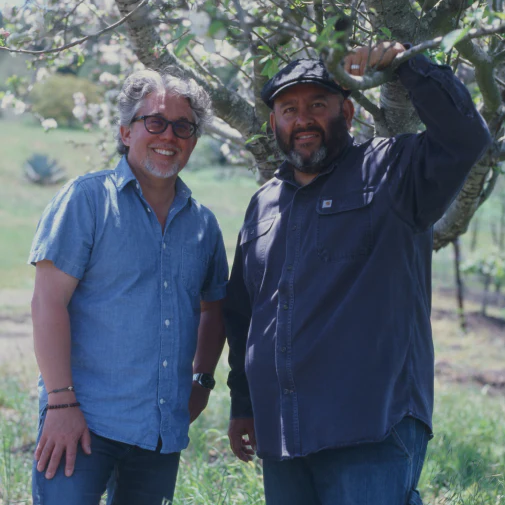
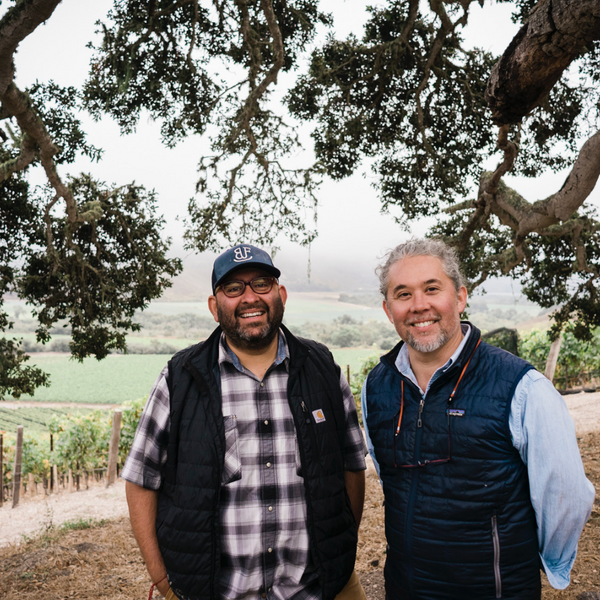
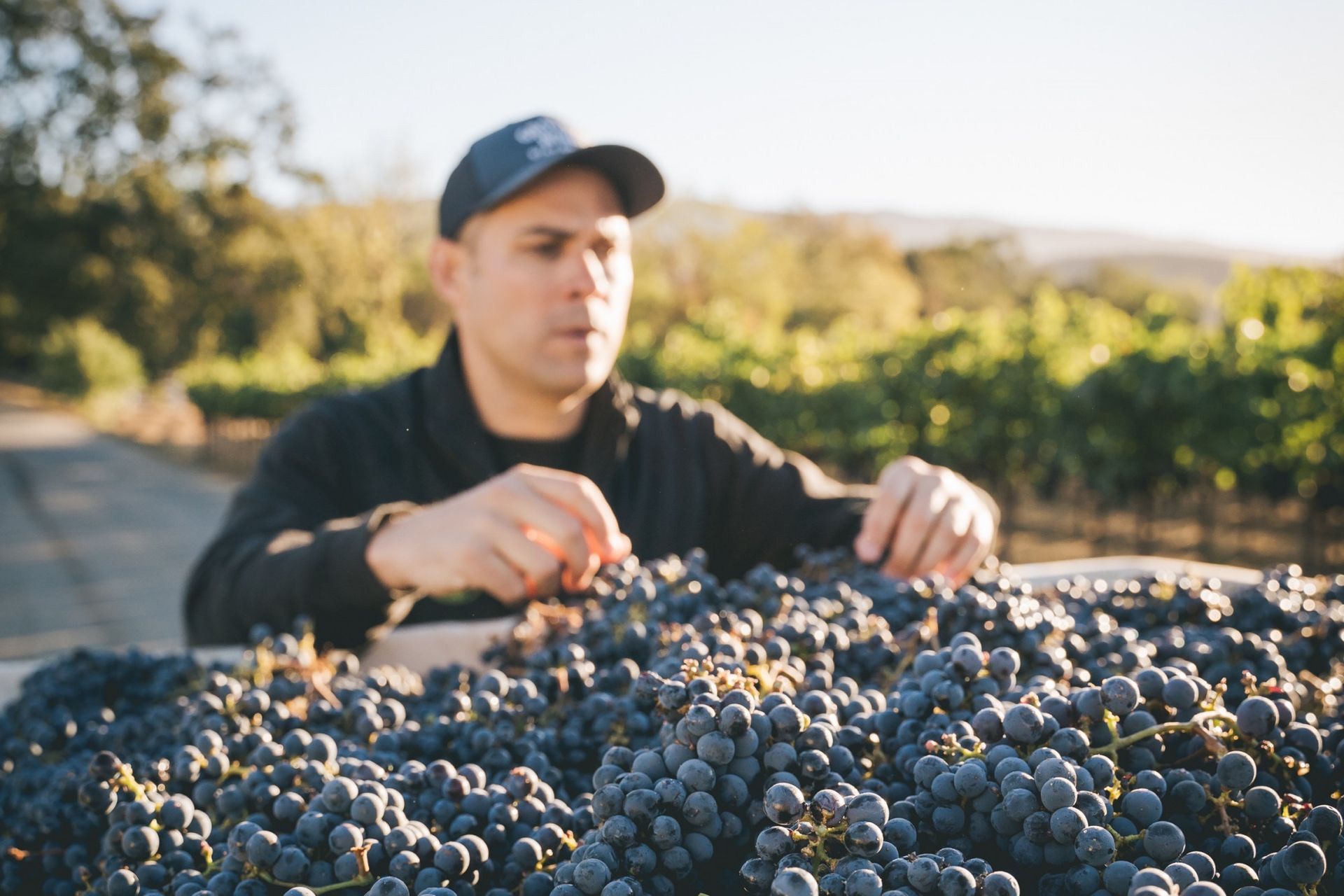
Calgary + Alberta South
Andrew Stewart
403-604-0408
andrew@vinoalvino.ca
Edmonton + Alberta North
Joe Gurba
780-203-5284
joe@vinoalvino.ca
Saskatoon + Saskatchewan
Kerrie Gavin
306-290-0277
kerrie@vinoalvino.ca
Join Our Newsletter*
Contact Us
We will get back to you as soon as possible.
Please try again later.
*By submitting this form, you are consenting to receive marketing emails from: Vino Al Vino Inc. https://www.vinoalvino.ca. You can revoke your consent to receive emails at any time by unsubscribing.
Contact Us
We will get back to you as soon as possible.
Please try again later.
*You are consenting to receive marketing emails from us. You can revoke your consent at any time by unsubscribing.
2014 - 2023 © All Rights Reserved Vino Al Vino Inc.

